
What can't be used on anodized aluminum?
2024-07-25 15:30
Anodized aluminum is widely used in many fields such as construction, electronic products, and the automotive industry due to its excellent corrosion resistance, wear resistance, and aesthetics. However, despite the many advantages of anodized aluminum, there are still some limitations and precautions during use and maintenance.
Understanding these limitations is essential to ensure the performance and life of anodized aluminum. This article will explore in detail the materials and methods that cannot be used on anodized aluminum to help readers better maintain and use anodized aluminum products.
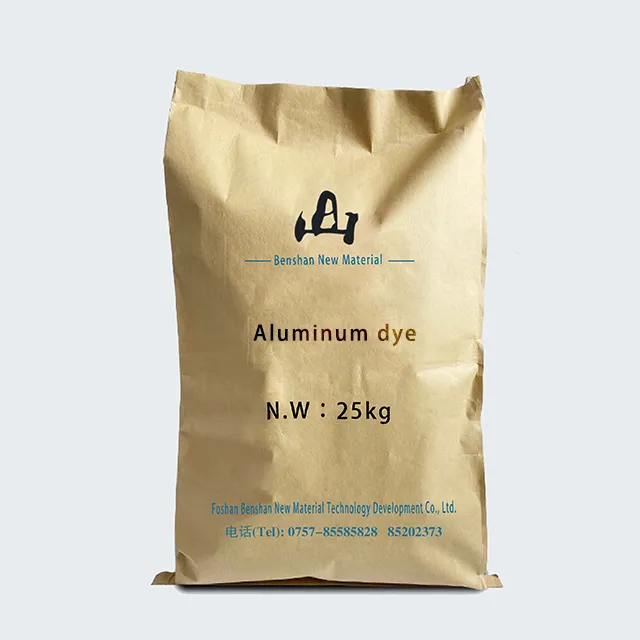
What can't be used on anodized aluminum?
Products that cannot be used on anodized aluminum: strong acids and alkalis, abrasive cleaners and tools, high temperature environments, sticky substances and dirt, electrolytes and electrolytes.
1. Strong acids and alkalis
Although the oxide film on the surface of anodized aluminum has a certain degree of corrosion resistance, it is still sensitive to strong acids and alkalis. When exposed to these chemicals, the oxide film may be damaged, exposing the aluminum and losing its protective effect.
● Strong acid: Strong acids such as sulfuric acid and hydrochloric acid will quickly corrode the oxide film on the surface of anodized aluminum, causing corrosion spots and damage on the aluminum surface. For example, using strong acids to clean the surface of anodized aluminum may cause the oxide film to be destroyed, thereby reducing its corrosion resistance.
● Strong alkali: Strong alkalis such as sodium hydroxide and potassium hydroxide can also cause serious damage to the surface of anodized aluminum. Strong alkalis dissolve the oxide film, causing the surface of the aluminum to become rough and susceptible to corrosion. For example, in industrial cleaning processes, if a cleaning agent containing strong alkali is used, it may cause irreversible damage to anodized aluminum parts.
2. Abrasive cleaners and tools
Although anodized aluminum has high hardness and wear resistance, cleaning with abrasive cleaners and tools may still cause damage to its surface.
● Abrasive cleaners: Some cleaners containing abrasive particles will wear away the oxide film during the cleaning process, causing it to lose its gloss and protective properties. For example, using a decontamination powder or metal cleaning paste containing microparticles to clean the surface of anodized aluminum may cause scratches and wear on the surface, affecting its appearance and function.
●Abrasive tools: Tools such as wire brushes and sandpaper can cause mechanical wear on the surface of anodized aluminum and damage the integrity of the oxide film. For example, using a wire brush to clean the surface of anodized aluminum may cause scratches and peeling on the surface, reducing its corrosion resistance and decorative effect.
3. High temperature environment
The oxide film of anodized aluminum may undergo thermal degradation in a high temperature environment, resulting in a decrease in its performance. Although the oxide film has a certain degree of heat resistance, long-term exposure to high temperatures will still cause the film layer to become brittle and fail.
●High temperature operation: Operations in a high temperature environment, such as welding and cutting, may cause damage to the oxide film on the surface of anodized aluminum. For example, when high-temperature welding is performed on anodized aluminum parts, the oxide film in the welding area may be burned, resulting in local loss of protection.
●High temperature environment storage: Long-term storage of anodized aluminum products in a high temperature environment may cause thermal degradation and performance degradation of the oxide film. For example, long-term storage of anodized aluminum products in a high-temperature warehouse may cause the oxide film to gradually become brittle and fail.
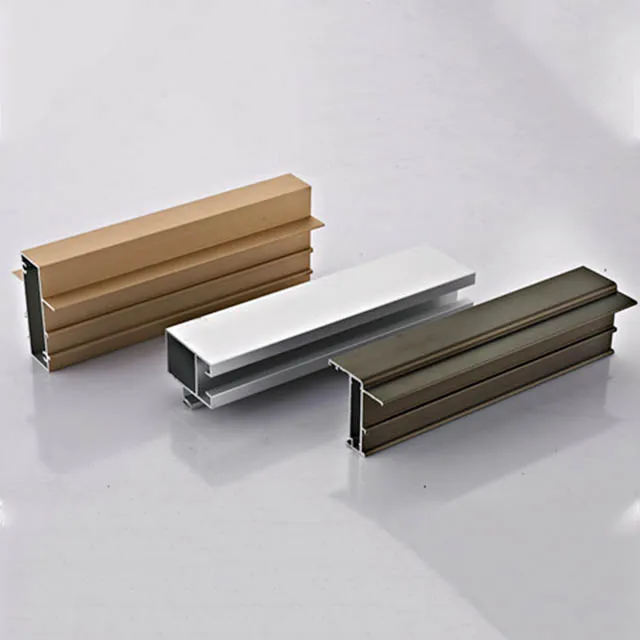
4. Sticky substances and dirt
The porous structure of the anodized aluminum surface makes it easy to absorb sticky substances and dirt, affecting its appearance and performance. Sticky substances and dirt may clog the micropores of the oxide film, causing surface discoloration and performance degradation.
●Sticky substances: Sticky substances such as glue and grease will form stains on the surface of anodized aluminum that are difficult to remove, affecting its appearance and function. For example, when using glue to fix anodized aluminum parts, if the glue overflows and adheres to the surface, it may form stains that are difficult to remove, affecting its appearance.
●Dirt: Dirt such as dust, mud and sand will form stains on the surface of anodized aluminum, clog the micropores of the oxide film, and affect its corrosion resistance. For example, in outdoor environments, dust and mud are easy to accumulate on the surface of anodized aluminum, forming stains that are difficult to remove, reducing its protective effect.
5. Electrolyte and electrolyte
Anodized aluminum may undergo electrochemical reactions in electrolyte and electrolyte environments, resulting in the destruction of the oxide film and corrosion of aluminum.
●Electrolyte: Electrolytes such as electroplating solution and electrolytic polishing solution will cause electrochemical corrosion to the oxide film on the surface of anodized aluminum, causing it to lose its protective effect. For example, immersing anodized aluminum parts in electroplating solution may cause the oxide film to be corroded and damaged, affecting its corrosion resistance.
●Electrolytes: Such as salt water solution, electrolyte solution, etc. will form electrochemical corrosion on the surface of anodized aluminum, causing the oxide film to be damaged and the aluminum to corrode. For example, in a marine environment, the surface of anodized aluminum will be corroded by salt spray and electrolyte solution, causing the oxide film to fail and the aluminum to corrode.
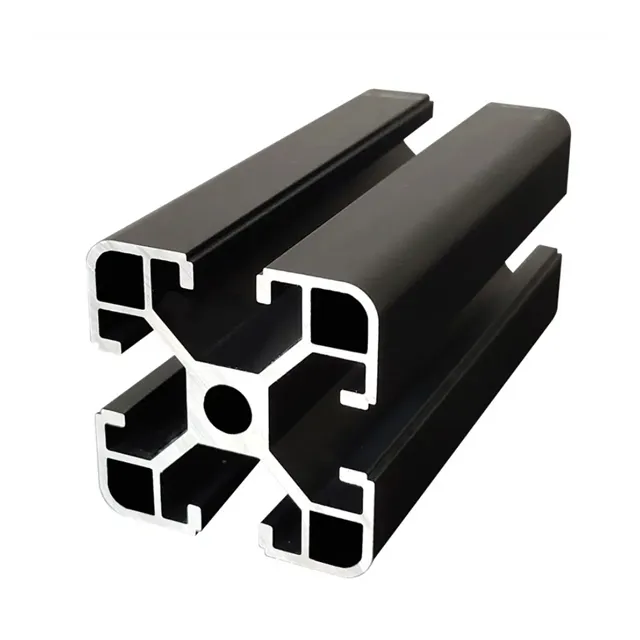
How to properly maintain anodized aluminum?
In order to ensure the performance and life of anodized aluminum, the correct maintenance method is essential. Here are some suggestions for maintaining anodized aluminum:
1. Use neutral detergent
When cleaning the surface of anodized aluminum, choose a neutral detergent and avoid using detergents containing strong acids, strong alkalis and abrasive ingredients. Neutral detergents can effectively remove surface stains without damaging the oxide film.
2. Use a soft cloth for cleaning
When cleaning the surface of anodized aluminum, use a soft cloth or sponge and avoid using abrasive tools such as hard brushes or sandpaper. Soft cloths and sponges can effectively clean surface stains without scratching the oxide film.
3. Avoid high temperature environments
When storing and using anodized aluminum products, high temperature environments should be avoided. High temperatures can cause thermal degradation of the oxide film, affecting its performance and life. When operating in a high temperature environment, appropriate protective measures should be taken to avoid damage to the oxide film.
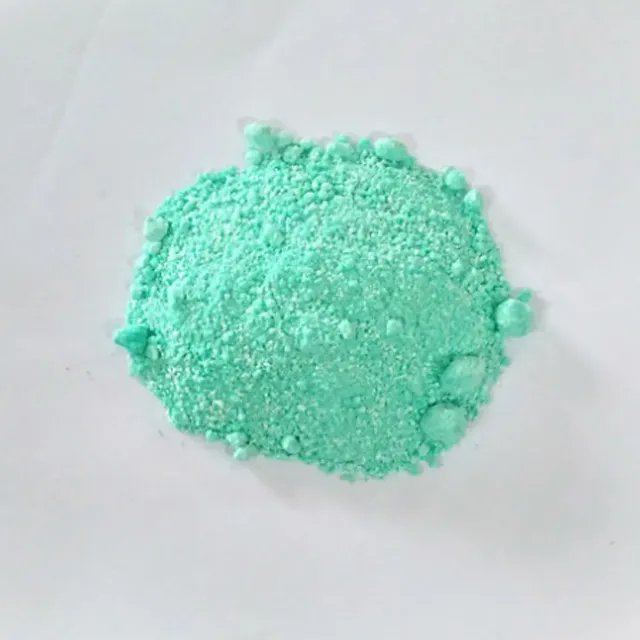
4. Regular cleaning and maintenance
The surface of anodized aluminum is prone to accumulation of dirt and sticky substances, and should be cleaned and maintained regularly. Regular cleaning can maintain the integrity and beauty of the oxide film and extend its service life.
5. Avoid contact with electrolytes and electrolytes
Anodized aluminum is prone to electrochemical corrosion in electrolyte and electrolyte environments, and contact with these substances should be avoided. When using anodized aluminum in special environments, protective measures should be taken to avoid the occurrence of electrochemical corrosion.
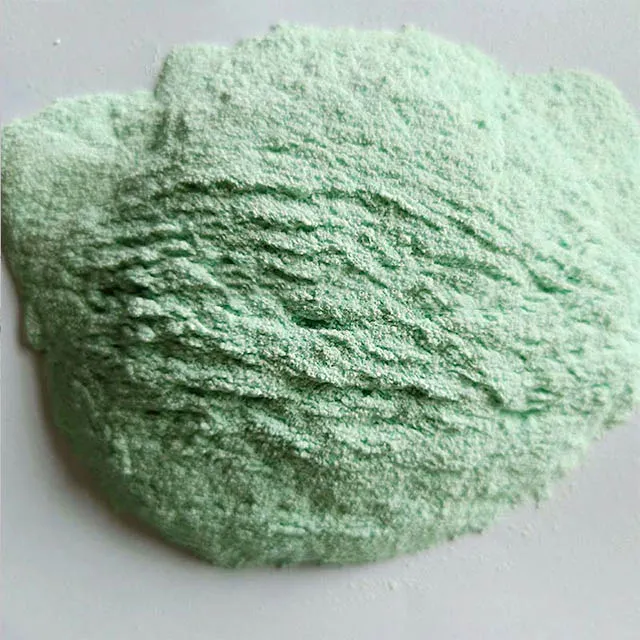
What are the application areas of anodized aluminum?
Anodized aluminum has been widely used in many fields such as architecture, automobiles, and electronic products due to its excellent performance. The following are some typical application areas and development prospects:
1. Architectural decoration
Anodized aluminum is widely used in architectural decoration, such as curtain walls, window frames, door frames, etc. Its excellent corrosion resistance and decorative properties make it an ideal material in modern architectural design. In the future, with the improvement of environmental protection and sustainable development requirements, the application of anodized aluminum in architectural decoration will increase further.
2. Automobile industry
Anodized aluminum is used in the automobile industry to manufacture car bodies, wheels, interior parts, etc. Its light weight, high strength and corrosion resistance make it an important material in automobile manufacturing. In the future, with the development of new energy vehicles and the improvement of lightweight requirements, the application of anodized aluminum in the automobile industry will be further expanded.
3. Electronic products
Anodized aluminum is widely used in the housings of electronic products, such as mobile phones, laptops, tablets, etc. Its beautiful appearance and excellent wear resistance make it an ideal material for high-end electronic products. In the future, with the diversification of electronic products and the increase in personalized needs, the application of anodized aluminum in electronic products will be further improved.
4. Aerospace
Anodized aluminum has important applications in the aerospace field, such as aircraft structural parts, cabin doors, etc. Its light weight, high strength and corrosion resistance make it a key material in aerospace manufacturing. In the future, with the development of aerospace technology and the improvement of material performance requirements, the application of anodized aluminum in the aerospace field will be further expanded.
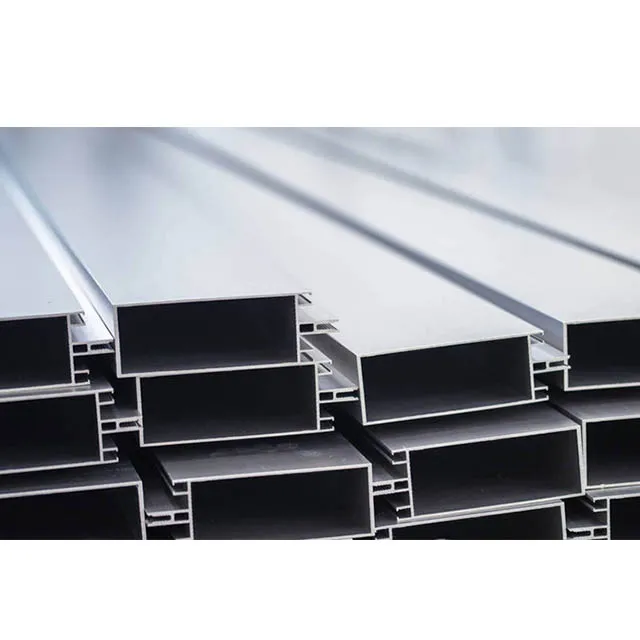
Conclusion
As an excellent surface treatment material, anodized aluminum has been widely used in many fields. However, during use and maintenance, it is still necessary to avoid contact with strong acids, strong alkalis, abrasive cleaners and tools, high temperature environments, sticky substances and electrolytes, etc. to ensure its performance and life.








